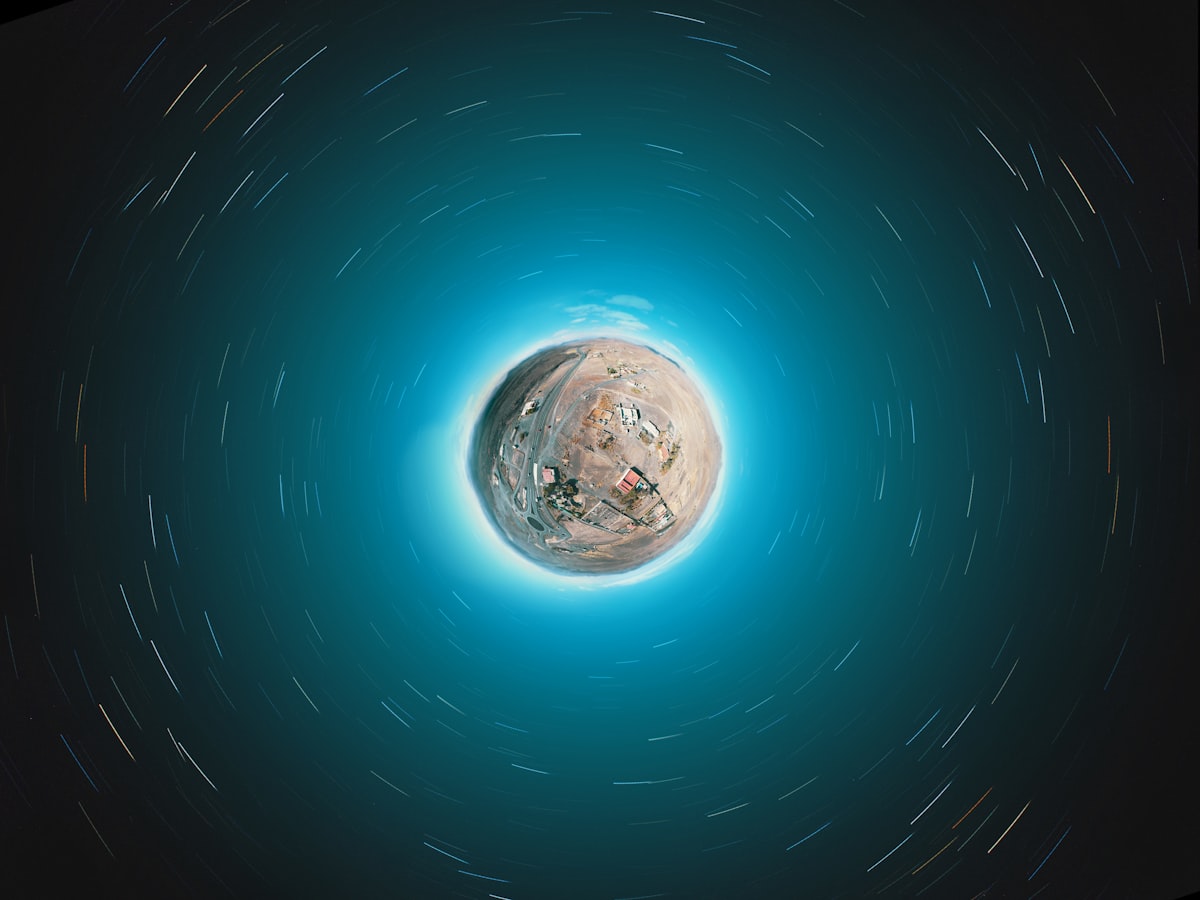Is it a good idea to colonize other planets?
Don't pack your bags just yet...

If we go by what Star Trek has told us for 60 years, you'll be able to rock up to any mid-sized planet and take a stroll without so much as a pressure suit.
You wouldn't believe that if you had a look around our local backyard.
Venus can melt lead at the surface. The big-boy outer planets don't have a surface to stand on. Jupiter's five times the distance from the Sun as we are, and it gets longer from there. Their moons are cold, airless, and lifeless (probably).
Mars is the "best" choice for setting up shop off Earth. Though that's like saying that eating broken glass with Tabasco sauce is the best choice when the only other option is to drink battery acid. Mars resembles the worst deserts on Earth, only without a trace of water, little atmosphere, pelted by radiation, covered by rogue sand-storms, and there might be sleeping tentacle-monsters we don't know about yet.
That's the best option.
Sci-fi on the tee-vee creates the impression that we're going to find a lot of Earth-like planets out there. That's possible.
But "Earth like" doesn't mean like Earth.
Is RP drinking again? Not yet.
"Earth like" means that we're talking about similarities in the gross physical parameters. Mass, diameter, orbital distance from the local star, surface temperature, chemical make-up.
That sounds optimistic until you realize that Earth-like is very general... while the conditions that support life on our home planet are extremely specific.
Look at how much the climate-change stuff freaks people out and they're only talking about a couple degrees change in the global mean temperature.
That's only one example. There's dozens, hundreds of variables. Air pressure. Chemical make-up of the atmosphere. Gravity. Tides. Moons to create them.
Odds of finding a planet that is dialed in precisely, or even close enough to walk around with minimal protection? I don't know and I strongly doubt anyone can make an honest calculation. But I wouldn't put money on it.
Kim Stanley Robinson's novel 2312 has a line that really brings home the problems with this whole project of colonizing other planets (no spoilers).
It goes like this.
If you colonize a planet that can't support life, you'll have to bring all of your survival needs with you on the trip.
If you find a planet that does support life, you'll have to compete with it... meaning you'll have to bring all of your survival needs with you on the trip.
That's right. Even if we find life out there, which is likely to the point of almost certainty IMHO, there's no guarantee it will be anything like us.
We're not talking about primitive humans with spears and different forehead shapes. Think deeper than that.
We're talking about differences in the fundamental units of life. The genetic code and the amino acids that alien life uses are unlikely to be similar to our own. Everything from the bacteria and viruses and all the other tiny organisms you never think about would be totally different.
Which means you can't eat them. Which means you can't grow your own food without a whole lot of trouble.
And they'd be everywhere, much the way that life on Earth is pretty much everywhere.
It's real easy to forget how much Earth gives us "for free". Air, water, protection from space-rage, gravity. Out in a spaceship, on another planet, you don't get any of that. You have to haul it all out there with you.
Life-supporting planets may be rare, and if a planet can support life you can expect life has already taken over.
The Culture has the right idea. Living on planets is for chumps. If you want to live in space, build luxury habitats.
PS – If you enjoy these posts, why not subscribe? That way you can receive them directly in your inbox... and you'll get the members-only posts.
There's no charge (yet) to subscribe as a free member, so click here and join now.

